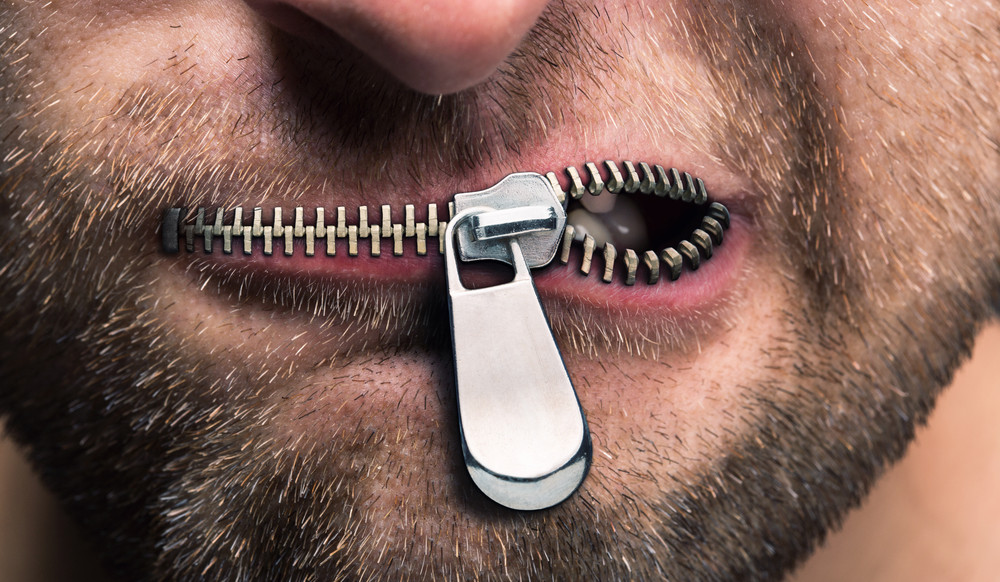So, it’s Pride Month and we will often see a lot of coverage for Muslims who identify as LGBTQ+. However, Muslims in conflict with same-sex attraction (SSA) — who are struggling to please Allah — are a silent population that is never afforded the same limelight!
This article follows three brave men that have come forward with their stories in the hope that it helps others.
- The first is Taha, aged 25, from Libya;
- the second is Musafer, aged 58, from the USA;
- and the third is Fares, aged 37, from Syria.
Learning more about these courageous individuals
As part of our work at Strong Support, we asked the brothers five questions:
- Tell us about your upbringing
- Tell us about your upbringing in the context of same-sex attraction
- How did you deal with your SSA emotionally and from an Islamic/ faith perspective?
- Did you reach out to scholars and, if so, what were their reactions/ advice?
- How did Strong Support help you on your journey?
1 | Their upbringing
Taha
“I was born in the UK. I lived two years there, before my family moved back to Libya. My dad is a doctor and he was often returning home late from work and in the weekend he never seemed to be interested in spending time with me.
“As a kid, I always preferred non-physical activities like video games and card games and, unlike most of the kids in school and from my family circle, I didn’t have much interest in sports like football.
“I always thought that most of the other boys didn’t want me to play on their team because I’m bad at the game; my dad would give a look of disappointment when I was doing the things I like, e.g. playing card games. And he usually told me to go play football with others.
“Whenever I made a mistake or if I didn’t know how to do something, my dad would go in a rage and talk about how hard he works to provide for the family and how my peers were more active socially and physically. He would tell me how he was impressed by them.
“When I was around 15-years-old, I remember my dad calling me. I was very upset and scared as he was usually angry, so I didn’t answer him. After he called a few times, I finally came to him and he told me,
‘Who do you think you are? I can live without you, like other guys who don’t have any sons … I wish you were not my son.’
“At middle school, my dad decided to transfer me to a different school that was further from my old one, I was verbally bullied for my looks and for being very quiet and called stuff like ‘spoilt little boy’.
“As I got uncomfortable, I tried to talk to my dad when he came back home on the weekends — as at the time he worked in a different city — but he didn’t want to listen to what I was going to say and straight-up told me that he would not be transferring me back to my old school.
“I always thought that I was a weird kid; I never felt like I was wanted by my peers, I always thought that there was something wrong with me, so I didn’t even feel like I deserved to be with them.”
Musafer
“I grew up conservative Christian and only reverted to Islam four years ago. I grew up in a mid-sized town in the United States.
“My parents were good people. Both of them were loving, took an interest in me in their own way, and did the best they knew how.
“Unfortunately, my father had lost his father at a young age and, because of that, was somewhat emotionally detached and very insecure as a person. He passed these insecurities on to me, and I never felt that I fit in. This problem only worsened over the years and I became same-sex attracted. Of course, this was not something that I could discuss with my parents.”
Fares
“My mother was overprotective and had neurotic narcissistic traits, my father was an orphan and was codependent of my mother at home. I was exposed to both sexual and psychological abuse from my paternal grandmother at the age of one-and-a-half; after that, I was threatened by my elder cousin and bullied many times at school.
“A feminine-dominated atmosphere influenced my school life and family, although I did not develop feminine traits. However, I isolated myself and my artistic traits made me feel disconnected and alienated from other boys.
“My father left to work abroad for a year, then we followed him. My mother’s perfectionism played a role in isolating me to study and get high marks at school, though I could not always fulfil her expectations. Most of the time, I felt different from other boys and tried to fill the gap by studying more.”
2 | Upbringing in context of same-sex attraction
Taha
“My first SSA feeling started when I was 15. As I reached puberty, I started having attractions.”
Musafer
“The SSA started at about puberty.”
Fares
“At the age of 12, my younger brother took me to an Internet café where I first saw porn and was surprised that I was attracted to male genitals.”
3 | How they coped emotionally and through a faith lens
Taha
“At the time, I didn’t know anything about sexual encounters. The attraction was not sexualised in my head in any way.
“I was very attached emotionally to someone who worked at school, I was happy because I felt like he appreciated me and seemed happy to see me; I copied a lot of the things he did.
“I started to make du’ā for him in every prayer, wishing him the very best.”
Musafer
“It was very hard. I did not understand what was going on with me.
“I spoke with my Christian clergy about strong urges to masturbate and was told that it was a sin. Later, when I was about 22-years-old, I spoke with another clergyman about my SSA. Again, he was totally unequipped to counsel me. Out of fairness, I probably did not express to him the full extent of the problem. He was kind and had me read some very light, superficial literature about the subject and we left it at that.
“Over the years, the urges became stronger and by age 40, I approached another clergy person about the issue. He seemed initially sympathetic but just was not equipped to help me sort things out. Later, when we had a falling-out because of some of his own (unrelated) conduct, he reminded me that he had stood by me in my brokenness… almost leaving me the impression that he would be capable of ‘outing’ me.
“I was terrified.”
Fares
“I firstly felt awkward and afraid.
“I dealt with it secretly, though it kept growing more. I indulged in the attraction through football magazines and afterwards I used to pray to Allah to remove it.
“I cried every night on my pillow, seeing no day pass as happy for me.”
4 | Did you reach out to scholars? What were their reactions/ advice?
Taha
“No, I didn’t reach out.”
Musafer
“As a Muslim, I did not reach out to any scholars, but in a way, a scholar ‘reached out’ to me.
“Yasir Qadhi published some YouTube videos on Muslims who experience same-sex attraction. He was brave enough to discuss the issue publicly. Based on that, I came upon the name of a group of SSA Muslims who want to live lives faithful to Islam. One thing led to another, and I was able to get help.”
Fares
“No, I could not directly reach out at first, but I saw a man who contacted a scholar who read ruqya and he said he forgot about his SSA for a while… But after the scholar died, his SSA came back!”
5 | How did Strong Support help you?
Taha
“Strong Support’s support circle is one of the most useful things in my journey.
“The ability to find other people who share the same journey and struggles made a huge difference for me and made me feel like I belonged.
“Also, the Webinars very often discuss important topics which I find very useful.”
Musafer
“Strong Support has been key to my healing.
“Ali Jaffery has provided me coaching that has assisted me in seeing how past unresolved issues have contributed to my acting out of my SSA.
“It is a long road, but I am much, much better off than before I met him.”
Fares
“Strong Support prepared a safe Muslim container to share feelings, challenges, problems (with family, friends, society) that a Muslim man with unwanted SSA could face.
“Although it is not therapy, it is a helpful tool to reduce and alleviate hardships that we face every week.
“It is a support system based on each one of us adding an experience to the other. Besides, we rotate the leadership of our circle frequently, so that each man can have the opportunity to evoke his self-esteem and self-worth.”
Some helpful pieces of advice
For those of you who may know of someone who is struggling with same-sex attraction, here are some practical tips you can use if someone discloses their struggle to you.
- Listen to their conflict, don’t judge, show empathy. Know that you don’t need to have all the answers, listening and being there is enough. Finding solutions may not be received well if someone is looking for a listening ear.
- Highlight aspects about them that you really appreciate, giving sincere feedback.
- Let them feel that they still belong in the world of men and that they are still a Muslim — in fact a Muslim that Allah has chosen for a special trial.
- If they are looking for support, see how you can connect them with mentors or others that would be able to help. It’s very likely they know that their same-sex attraction is in conflict with Islam, what they need are healthy relationships that model Islamic masculinity/ femininity.
- Check up on them from time to time to see how they are doing in their struggle, avoid burying the topic once they’ve reached out to you. If they’ve reached out, they are probably looking for support.
- Keep their secrets confidential and extend a friendly hand of brotherhood or sisterhood, just as the Qur’ānic ayah describes the trustworthy and brotherly demeanour of Prophet Lut (ʿalayhi al-Salām):
“…when their brother, Lot, said to them,
‘Will you not fear Allah? Indeed, I am, to you, a trustworthy messenger.'” [1]
Source: Islam21c
Notes
[1] al-Qur’ān, 26:161-162
The contents of this article do not necessarily reflect the view of Islam21c. Islam21c is not responsible for the contents of any external sites or organisations mentioned in this piece.







